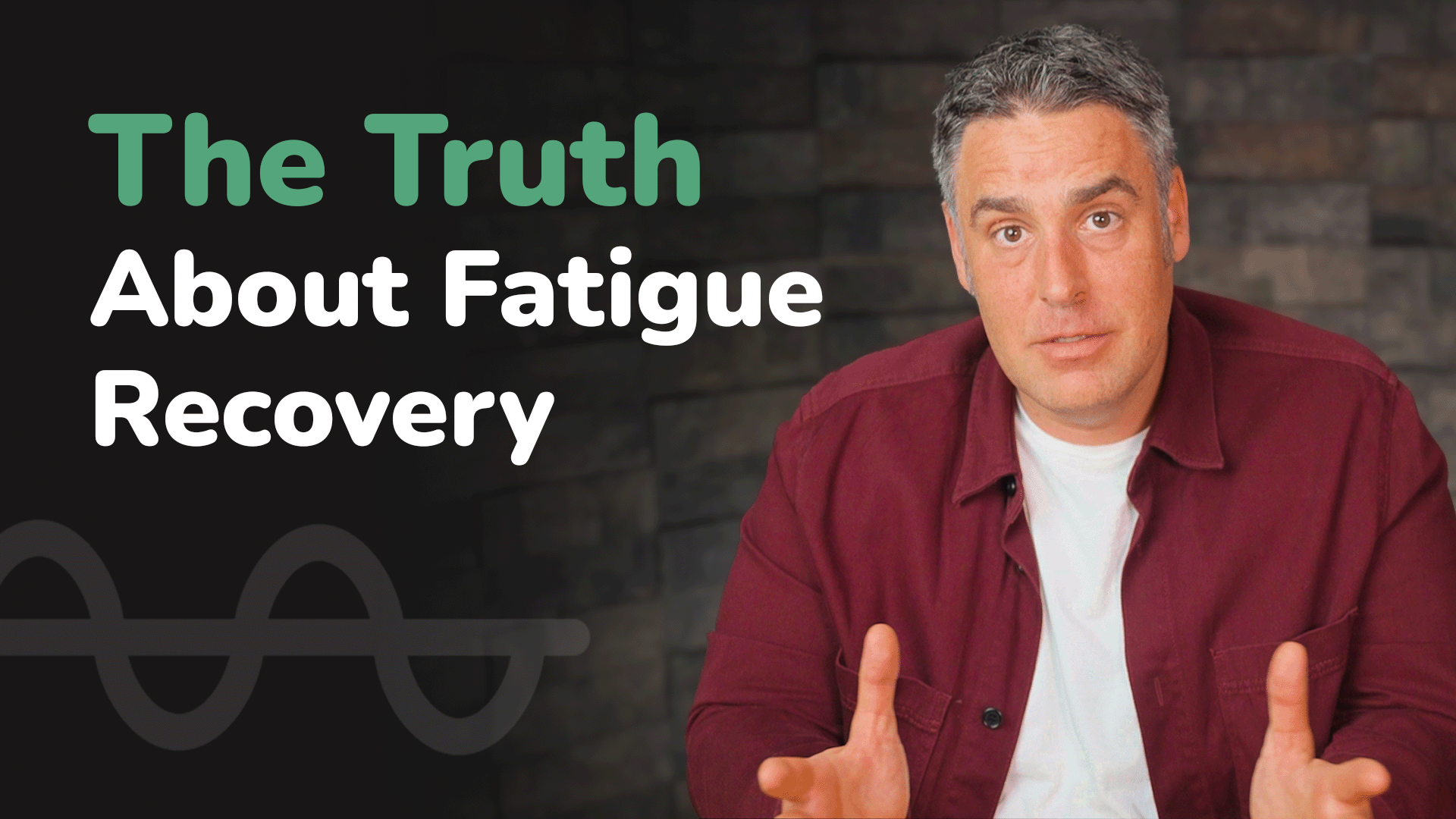Daily Telegraph article 28th October claims:
“Chronic Fatigue Syndrome sufferers can overcome symptoms of ME with Positive Thinking and Exercise"
We were extremely disappointed to see the above headline and subsequent article appear in the Daily Telegraph. Not only is this headline an inaccurate summary of the findings of the paper which was published in the Lancet Psychiatry this week, it is the kind of wording which feeds society’s misunderstandings around ME/CFS which are so harmful to sufferers of the illness.
To deal with the facts…
- This is not a new study, it is in fact a further data point on the PACE study which was been widely rejected by the ME/CFS academic and patient communities
- The PACE study had around 80% of candidates excluded and not meeting the chosen criteria for CFS, resulting in only 641 patients being recruited. It is a reasonable conclusion that only those with mild or moderate ME/CFS were actually included in the study.
- It has been widely reported that the PACE claims of successful treatment and “recovery” were based solely on subjective outcomes. All the objective measures from the trial failed to provide any evidence to support such claims.
- The Lancet paper referred to in the Daily Telegraph article, also states clearly that there was little evidence of difference between the patients groups in fatigue or physical functioning at long term follow up. The paper also comments that “Some patients remained unwell at long term follow up (2 years) which reminds us that better treatments are still needed for patients with this chronically disabling disorder.
Alex Howard, Founder and CEO of The Optimum Health Clinic comments, “This is another classic example of the need for the recognition and definition of subgroups in ME/CFS, along with different stages of the illness. We have long maintained that patients who respond well to treatments such as Graded Exercise Therapy (GET) are in what we would define as Stage 3 of recovery. Those in Stage 1 especially are consistently made worse, and so inevitably drop out of such studies, thus their data being lost.”
Ian Hatton, Chairman of Research and Medicine at The Optimum Health Clinic comments, “Studies such as this highlight once again the need for a more comprehensive and integrative approach to understanding ME/CFS, such as that developed by the teams at OHC. We are currently undertaking a randomised controlled trial with University of Surrey, and hope in time to contribute to moving on from the constant focus on CBT and GET.”














